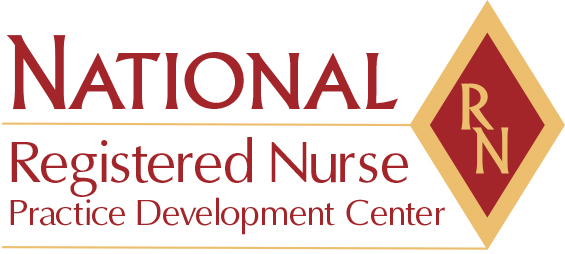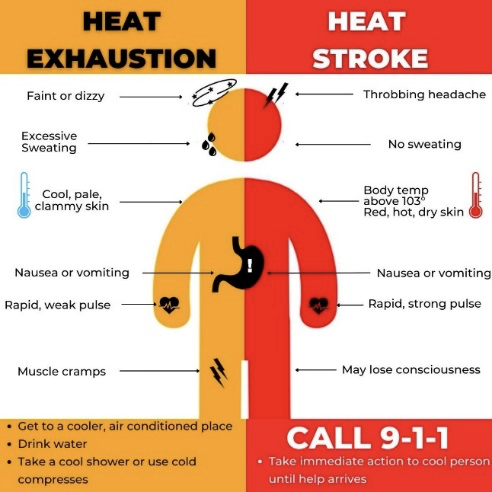When it’s dangerously hot and humid, it doesn’t take long to become sick.

Although anyone at any time can suffer from heat-related illness, some people are at greater risk than others.
- People 15-34 are most likely to visit the emergency room for heat-related illness, but older adults are most likely to be hospitalized.
- Infants and children up to four years of age are sensitive to the effects of high temperatures and rely on others to regulate their environments and provide adequate liquids.
- People 65 years of age or older may not compensate for heat stress efficiently and are less likely to sense and respond to change in temperature.
- Men are about twice as likely to visit the emergency room for heat-related illness as women.
- People who are overweight may be prone to heat sickness because of their tendency to retain more body heat.
- People who overexert during work or exercise may become dehydrated and susceptible to heat sickness.
- People who are physically ill, especially with heart disease or high blood pressure, or who take certain medications, such as for depression, insomnia, or poor circulation, may be affected by extreme heat.
 What nurses can do
What nurses can do
-
- Identify patients under your care who are most at risk for a heat related event and provide targeted messaging specific to heat safety
- Call 211 or your local public health department to find out where the cooling shelters are in your area
- Partner with family caregivers to assess their understanding of heat related symptoms, how to prevent and when to report
- Become better informed about heat related illnesses including the signs and symptoms and interventions you can offer. Resources that can help: DHS Heat Health and Safety Tips and Heat Safety Fact Sheet
- Complete the Nurses Respond Now Priority Training to learn how to address the needs of vulnerable populations during public health emergencies.
A recipient of the Center for Championing Nursing in America Innovation Award this Priority Training provides individual nurses and healthcare organizations an effective way to meet the Future of Nursing 2020-2030 recommendation of preparing nurses to respond to disasters and public health emergencies; and promotes a Culture of Health, an initiative of the AARP Foundation, AARP and the Robert Wood Johnson Foundation (RWJF).

